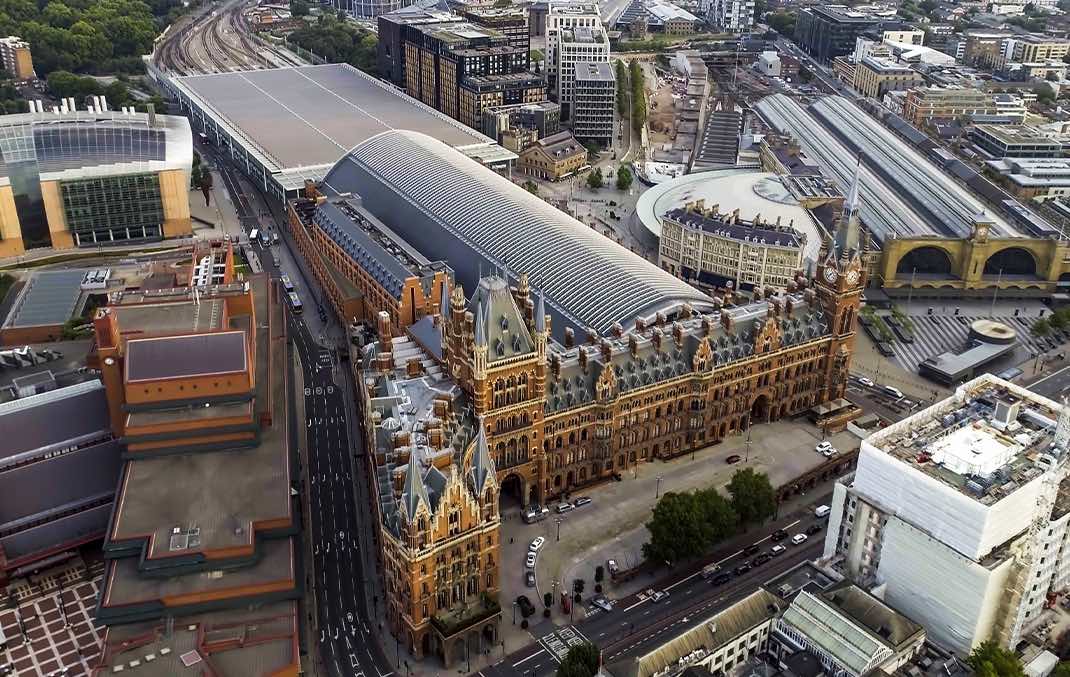Levelling Up and Local Growth

What does all this uncertainty mean for local government and regeneration?
It’s been nearly three weeks since the deadline passed for the submission of Expressions of Interest for Investment Zones. While a huge amount has happened since then, no-one is quite sure what is going to happen to all those applications. A week into his premiership, there’s been no shortage of U-turns from our newest PM, but and while there has not yet been any official repudiation of Investment Zones, the policy is currently ‘under review’.
We have also seen the return of Michael Gove to DLUHC as Secretary of State. But while the old boss may be back, a lot has changed in the five months since he was forced out. Neither Gove, nor the local authorities awaiting bid outcomes can assume that he is simply going to pick up where he left off.
Back and forth comes at a cost
Rising inflation means the cost of projects is increasing. The result is that projects that may have been sound when initially submitted to the department may no longer represent value for money. This leaves the options of either reducing the number of projects delivered or reducing the size and scope of individual projects; the former being politically unappealing, and the latter likely to slow delivery. On the optimistic side, the ongoing success of King’s Cross despite the 2008 Global Financial Crisis, shows that it is possible to weather the storm, especially with a strong public-private partnership in place. Whether we can expect a series of twelve Kings Crosses nationwide to do the same remains to be seen.
While not a new trend, the impact of endless EOIs and fund submissions is accumulative. Last month’s Investment Zone sprint left many local authorities feeling overwhelmed by deadlines and underwhelmed by the response. Jumping hoops doesn’t just drain energy and resources, it drains political goodwill too. It’s also somewhat at odds with the strategic thinking that was manifest in the Levelling Up White Paper, leading to shortlists of short-term projects rather than long-term sustainable economic growth.
While many in local government may welcome the return of Gove, local leaders, and potential private sector development partners are going to want to see results sooner rather than later. With added pressure of likely further cuts to local government funding, Levelling Up becomes both more important, but harder to do - and intellectually harder to justify, especially when you consider that it is low-income communities in London that have been hardest hit by the cost of living crisis.
Good for the people or good for the party?
Electorally speaking, the Government are also in a considerably worse state than just six months ago. This means that the political rationale for Levelling Up can no longer be taken for granted, especially if you take the more cynical view that the entire enterprise was little more than a vote-winning exercise aimed at defending recently-won Red Wall seats. Faced with a haemorrhaging of support, does the PM double down on Levelling Up, or cut his losses and adopt another, less costly strategy?
A recent report, overshadowed by its release on the same day as Liz Truss’s resignation, also casts doubt on the extent to which Levelling Up matches the electorate’s priorities. The study, which surveyed 200,000 people from across five regions, found that when it comes to the changes that would have the greatest impact, people believe that action to reduce crime and improve access to good quality healthcare is key. Relocation of institutions, and cultural and heritage projects are seen as less important as the fundamentals of housing and a good high street. A transparent process matters too. Respondents believed that this should be based on local needs and community engagement rather than ministerial discretion, which as the report points out, somewhat flies in the face of existing system for levelling-up funds and Investment Zones.
It will be interesting to see if the Local Government Funding Select Committee’s investigation into Levelling Up addresses these concerns. The committee’s terms of reference show that MPs are aware of the issues, but it remains to be seen if they get some answers.
What does all this uncertainty mean for local government and regeneration?
Arguably it shows the importance of strategy, planning and preparedness. Those areas that already know their priorities and understand the development context will be best placed to weather the storm. This extends to the question of how macro-economic forces align with demographic and social trends, and what this means for the future of place, whether it is retail in town centres, housing demand in the suburbs, or the future of job creation. There’s an opportunity for leaders and their councils to demonstrate the extent to which they not just understand the interaction of these trends but are already acting on them with clear long-term visions, place strategies and investment propositions.
For more information, please contact:


